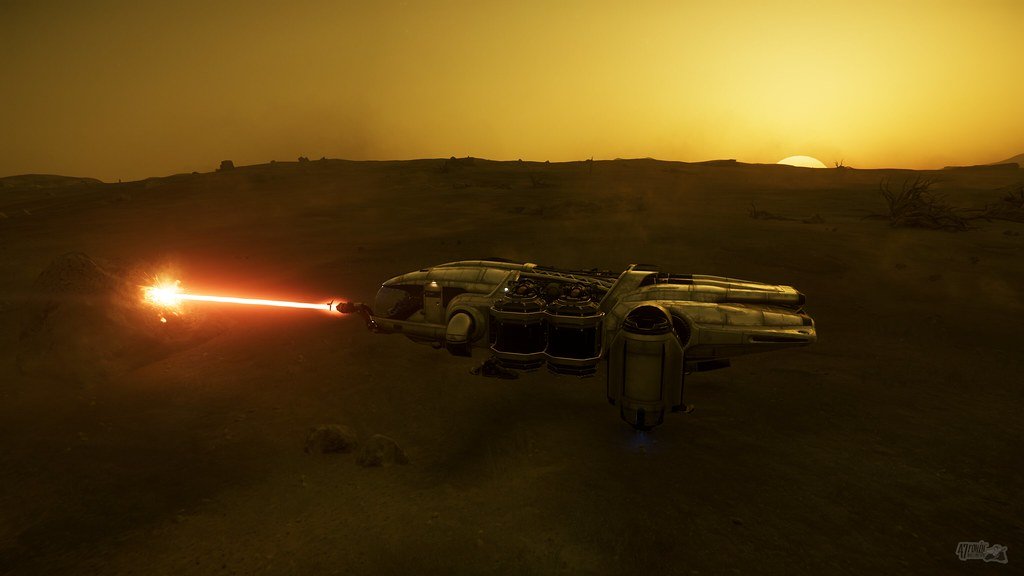
The ESA is researching the use of high-energy lasers and simulated lunar soil to sinter lunar regolith, aiming to create roads and landing fields for future lunar outposts
- The European Space Agency (ESA) is researching the use of high-energy lasers and simulated lunar soil to sinter lunar regolith, aiming to create roads and landing fields for future lunar outposts.
- Lunar dust has been a significant issue for space missions due to its clinginess, abrasiveness, and thermal insulating properties, prompting the need for dust-reducing solutions.
- ESA scientists, in collaboration with Germany’s BAM Institute, are experimenting with a 12-kilowatt carbon dioxide laser to sinter simulated lunar dust into glassy, brittle materials that can be used to construct roads and landing pads by interlocking geometric shapes.
- The sintering process can be repaired in place, and larger structures can be formed by layering, potentially allowing for the construction of a 100-square-meter landing pad in about 115 days.
- This technology has the potential to be applied in creating building materials for various structures in future lunar outposts.
Read more at:
https://newatlas.com/space/esa-melting-moondust-lunar-roads/